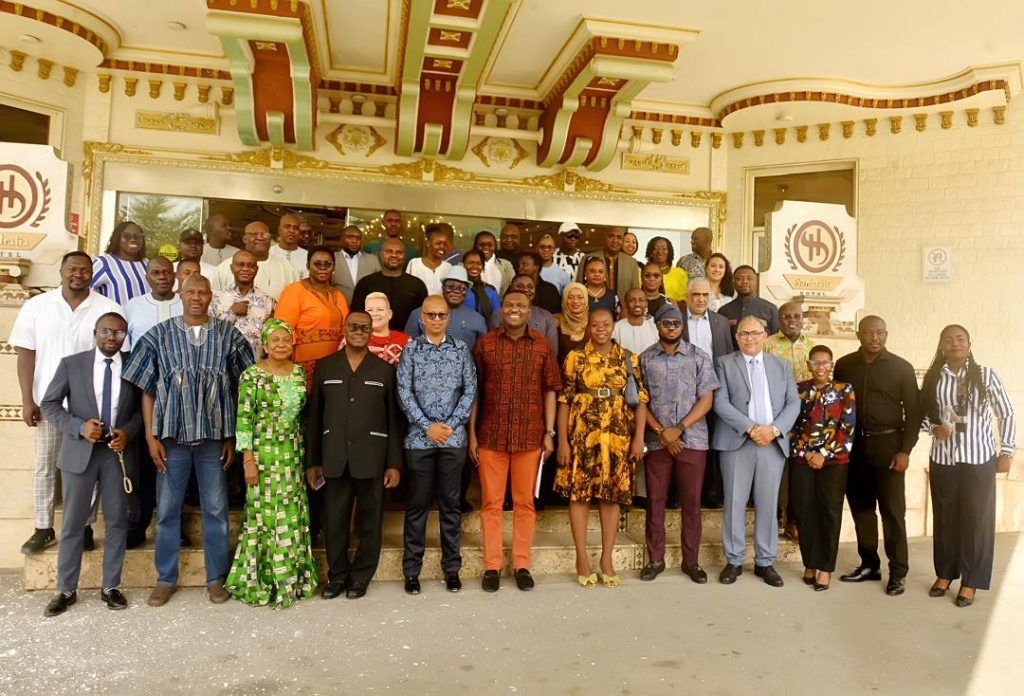A new wave of collaboration has begun in Abuja as African trade unions, private recruitment agencies, and the International Labour Organization (ILO) come together to combat the exploitation of migrant workers. The gathering, organized by the African Trade Union Migration Network (ATUMNET), represents a shift from mere complaints to active solutions aimed at safeguarding workers’ rights.
During the event, Comrade Akhator Joel Odigie, General Secretary of ITUC-Africa, stressed the need for stronger cooperation among stakeholders. He highlighted that past discussions often involved only trade unions, which limited the possibility for change. “You will notice that for the first time, we have recruitment agencies with us in this meeting, we have government officials, and importantly, we have migrant workers themselves—many from the Middle East,” Odigie said. “This is how we begin to create a more inclusive strategy for fair and rights-based migration.”
Why is this migration issue important?
Migrant workers contribute greatly to the economies of both their home and host countries, yet many continue to suffer from unfair recruitment, low pay, and poor working conditions. By working together, stakeholders can create policies and practices that protect migrant workers and promote ethical recruitment.
Aida Awel, ILO Chief Technical Advisor for the BRMM Project, echoed these concerns. She noted that despite their crucial role in many sectors, migrant workers are often underrepresented and vulnerable. “They face low wages, long hours, and little access to social protection,” she explained. “That’s why it’s so important to organize and amplify their voices through trade unions.”
She also emphasized the need for more partnerships to tackle labour migration challenges. “We need governments, employers, recruitment agencies, civil society, and academia to work hand-in-hand. Addressing migrant worker abuse is a shared responsibility,” Aida said.
One of the major concerns raised was exploitative recruitment practices. Aida pointed out that many migrants go into debt just to secure jobs, which makes them easy targets for forced labour and abuse. “Eliminating these harmful practices is a top priority,” she stressed.
The meeting closed with a renewed commitment from all parties to ensure that rights-based approaches, social dialogue, and collective action govern labour migration. The stakeholders agreed that the time for talking is over—it’s now time to act and protect those who leave home in search of better lives.

